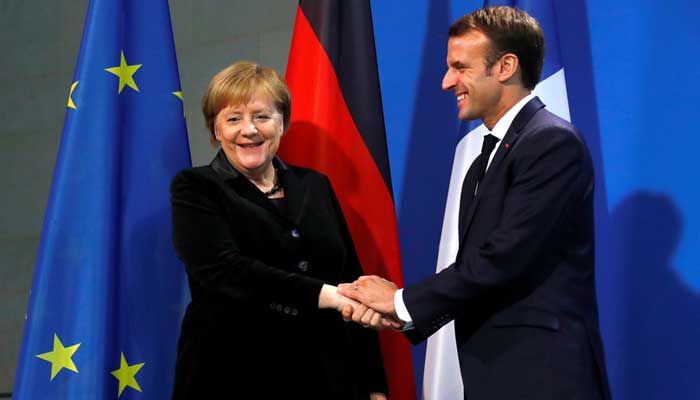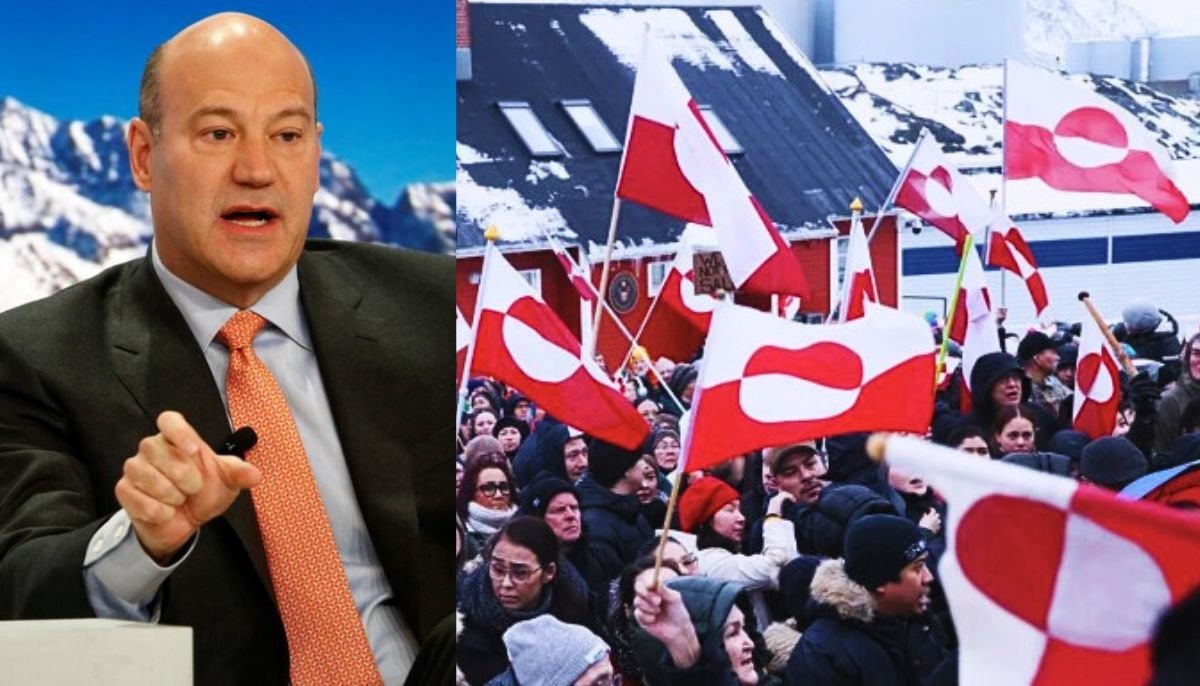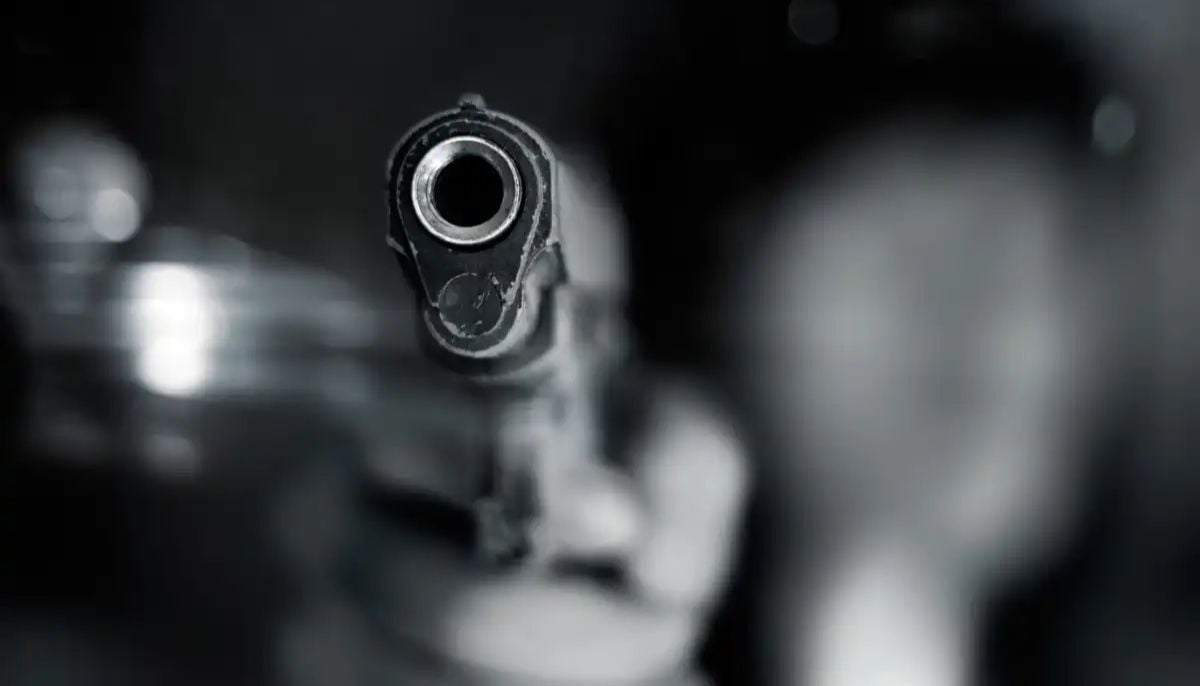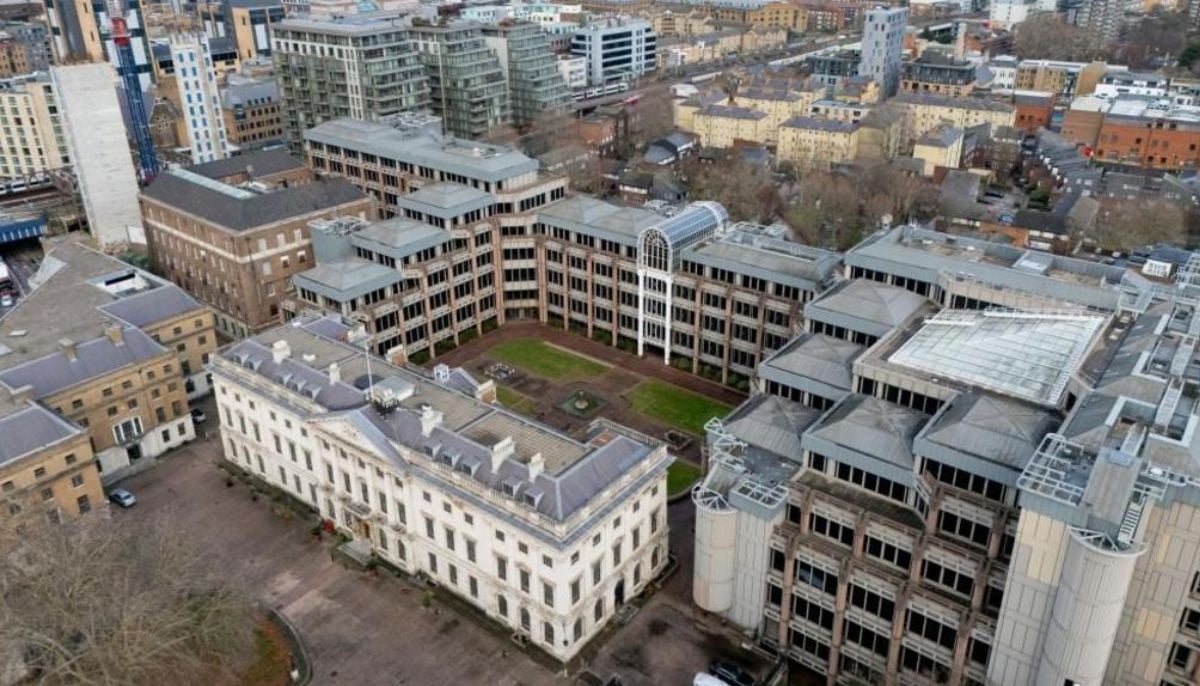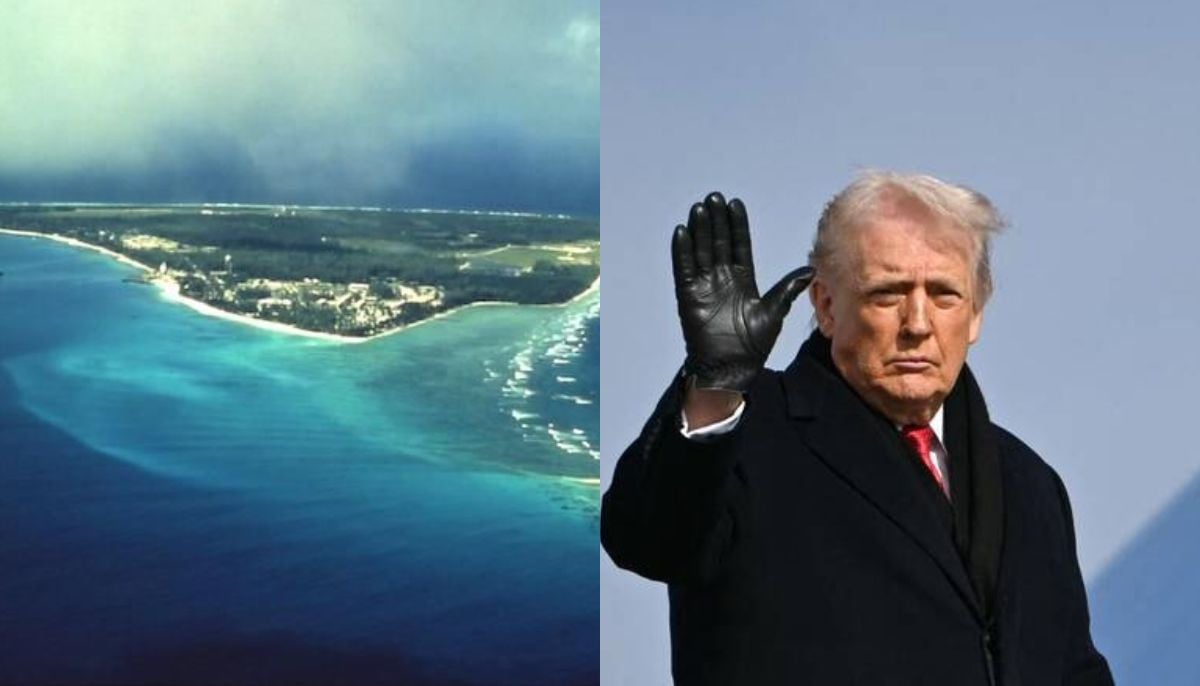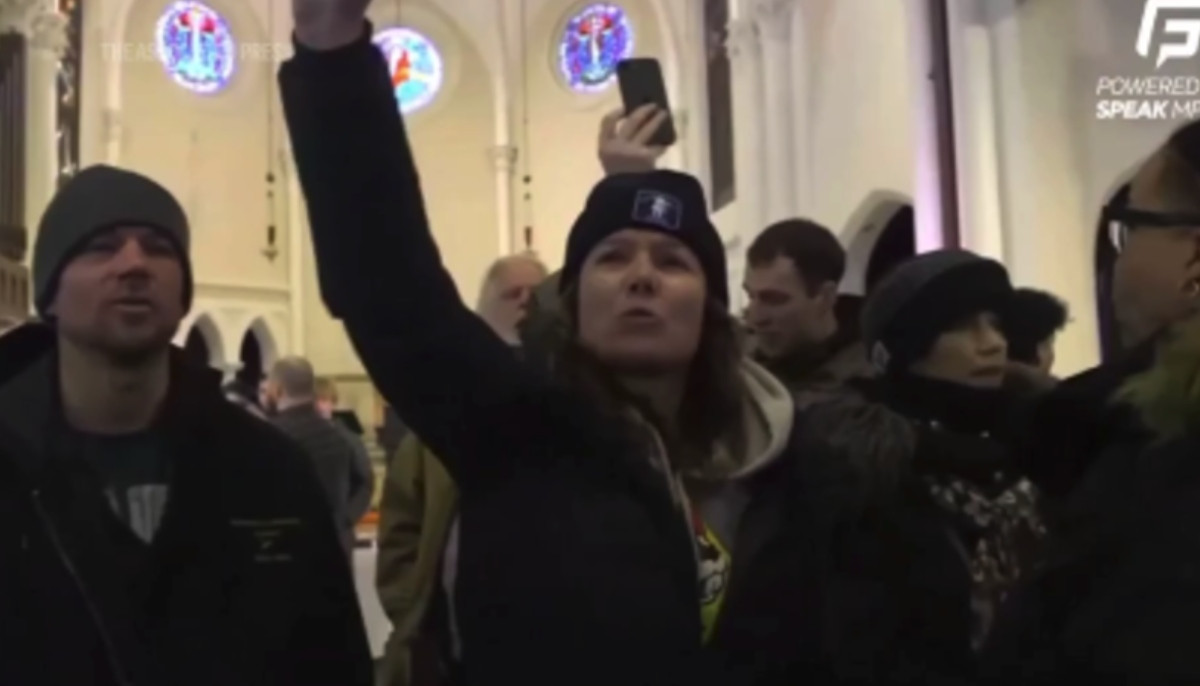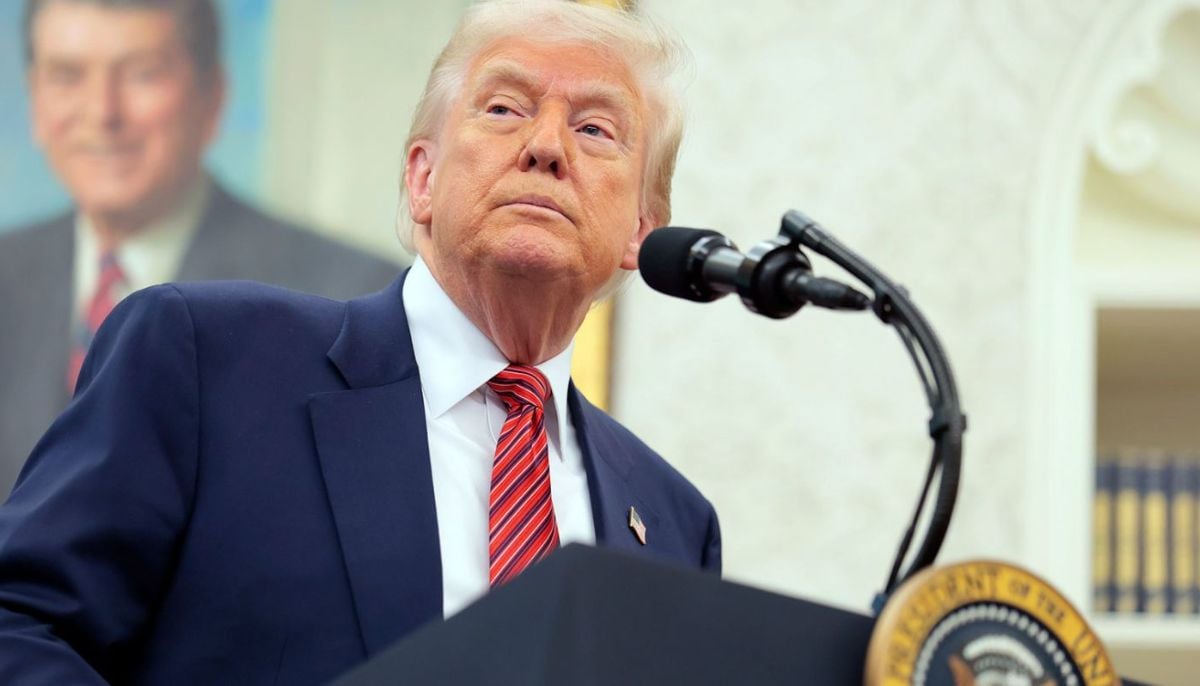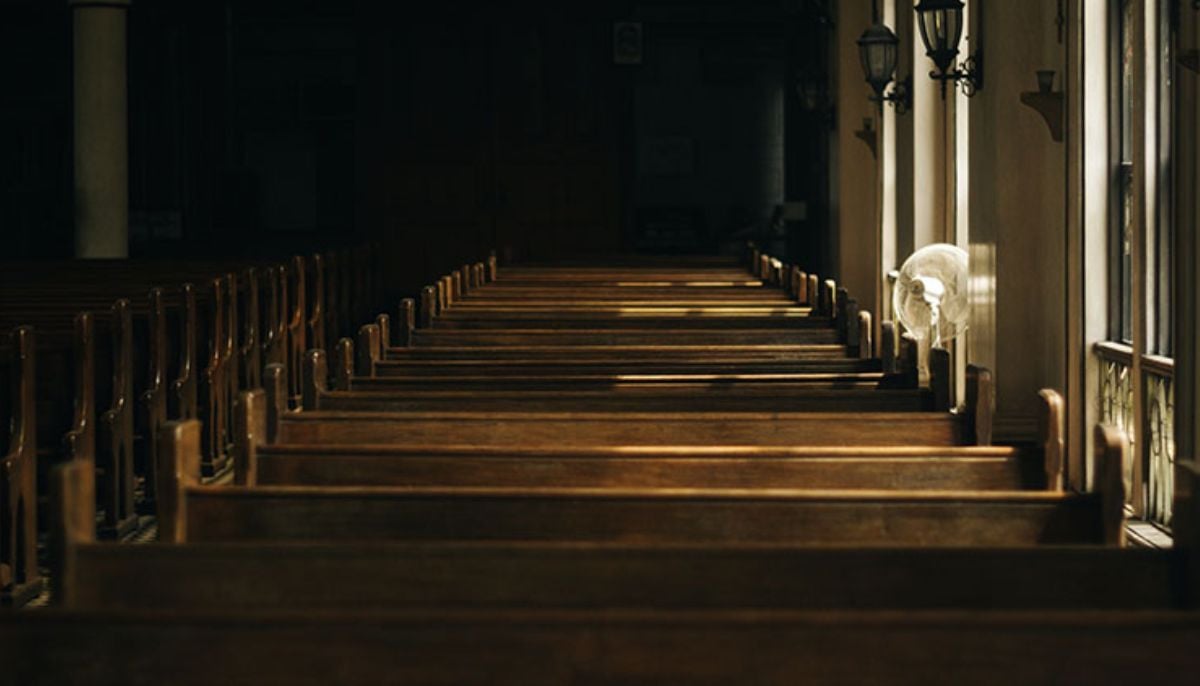Macron, Merkel to sign new Franco-German treaty on January 22
The French and German parliaments will, on the same day, adopt a draft agreement on closer cooperation in the form of a 100-member joint parliamentary assembly, the French statement said.
PARIS: French President Emmanuel Macron and German Chancellor Angela Merkel will sign a new treaty on January 22 to further strengthen Franco-German cooperation in the run-up to next year´s EU elections, Macron´s office said Tuesday.
The two leaders, both of whom have been weakened domestically, will meet in the French border town of Aix-la-Chapelle to ink an accord "which will strengthen the already close ties between Germany and France," the French presidency said.
Merkel´s spokesman Steffen Seibert said the eurozone´s two biggest economies "want to move ahead to ensure the security and wellbeing of citizens as well as a strong, sovereign and democratic Europe."
The treaty will cover joint projects in the areas of defence, climate change and security as well as the sensitive issue of "economic and social convergence," the French presidency statement said.
The meeting comes as Merkel enters the twilight of her rule and Macron attempts to defuse the "yellow vest" anti-government rebellion which has engulfed French cities over the past seven weeks.
The couple seen as the glue of the European project will meet in the town hall of Aix-la-Chapelle, former capital of the ninth-century Carolingian Empire, which laid the foundation for Germany, France and several other modern European countries.
The French and German parliaments will, on the same day, adopt a draft agreement on closer cooperation in the form of a 100-member joint parliamentary assembly, the French statement said.
France and Germany´s ruling parties and their allies fear an unprecedented challenge from populists in May´s European Parliament elections.
In his New Year´s address Macron said he would set out his vision for a "renewed European project" in the coming weeks.
The 41-year-old centrist was elected on a promise to revolutionise the post-Brexit EU but Germany shot down his proposals for a huge common fund, with Berlin agreeing only to a limited budget to finance investment.
-
Japan unveils anti-ship missile with ‘barrel-roll’ evasion to outsmart defenses
-
Missouri couple ‘locked sons in chicken pen, shot them’ in shocking abuse case
-
Chinese ‘mega embassy’ wins UK approval in London ahead of Starmer’s China visit
-
From Chagos Islands to Greenland Trump flags national security risks: Here’s why
-
Church under investigation after anti-ICE protest interrupts worship
-
'I don't care': Trump shrugs off Nobel Prize talk as Greenland tensions escalate
-
Alarming: Rising shark attacks force Australia to close beaches
-
Three-year-old allegedly tortured, killed during exorcism in California church
